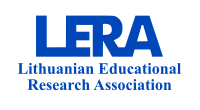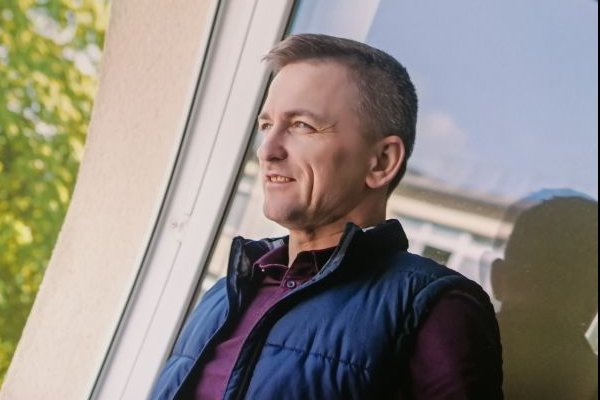Congratulations to the new PhD Irmantas Adomaitis on the successful defence of his PhD thesis: The Effect of Educational Interaction on Cognitive, Social, and Digital Skills through Problem-Based Learning in Virtual Learning Environments (Education Sciences (S 007)) (supervisors – 2019-2021 doc. dr. Elena Trapulė, 2022-2023 prof. dr. Aušra Rutkienė, scientific advisor-prof. Erno Lehtinen) and ontaining a doctor’s degree of Social Sciences in the field of Education.
The dissertation is available at:
Vytautas Magnus University and Lithuanian National M. Mažvydas Library.
The dissertation is available at: 11 Studentų St., Akademy, Kaunas district.
The short annotation of the dissertation is presented bellow.
Learning based on active educational interaction can be considered as a distinctive model of teaching(s) for developing students’ cognitive and social skills and for achieving deep and meaningful learning, both in face-to-face and in virtual learning environments (VLEs). In the last decade, research on educational interactions in VLEs has focused on cognitive or social skills, as well as on the variety of digital tools and their application in VLEs. However, more in-depth studies focusing on the application of educational strategies or models in VLEs are scarce in the articles analysed between 2010 and 2023, and the field of research is not professional VLEs, but rather environments that are mostly limited to communication and collaboration in social networks. In other words, there is a lack of knowledge about the forms of educational interaction and their impact on students’ skills in learning VLEs.
The aim of the study is to reveal how educational interactions affect the development of students’ social, cognitive and digital skills in a virtual learning environment through problem-based learning in physics lessons.
The main ideas of social constructivism and connectivism are used to reveal the impact of educational interaction on students’ cognitive, social and digital skills in a problem-based learning VLE. The study opted for a sequential explanatory mixed-approach research design. A quantitative approach is used to assess students’ social, cognitive and digital skills before and after the study. The qualitative approach was chosen to find out what kind of educational interactions encourage students to engage in active interaction in the VLE, what kind of tasks or problem situations presented encourage students to engage in active interaction, and what kind of educational interactions are typical for students in solving the problems presented in the VLE. The participants in the dissertation activity study were pupils (n = 41) from grammar school classes I-II.
The results revealed that educational interaction in problem-based learning strategies in VLEs has not been a priority area of research in the last decade. The educational content in VLEs, based on social constructivism and connectivism, is shaping a new approach to teaching and learning, with educational interaction as its axis, which requires a ‘social presence’ in the implementation of cognitive activities in VLEs. The combination of educational interaction and problem-based learning strategies in the VLE is one of the key elements to unleash students’ thinking, to stimulate cognition and the willingness to learn together, to increase students’ motivation and to improve students’ academic performance. The evaluation suggests that the educational interaction of the problem-based learning strategy in the VLE has a positive and statistically significant impact on the development of students’ cognitive, social and digital skills.
Dissertation Defense Council:
Chairperson – prof. dr. Airina Volungevičienė, Social Sciences, Education S 007, Vytautas Magnus University.
Prof. dr. Nijolė Burkšaitienė, Social Sciences, Education S 007, Vilnius University,
Prof. dr. Valdonė Indrašienė, Social Sciences, Education S 007, Mykolas Romeris University,
Assoc. prof. dr. Lina Miltenienė, Social Sciences, Education S 007, Vytautas Magnus University,
Prof. dr. Marijaana Veemans, Social Sciences, Education S 007, University of Turku, Finland.


